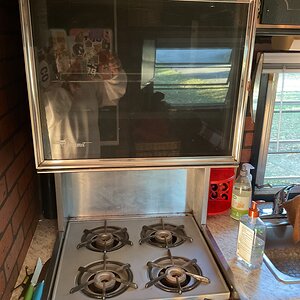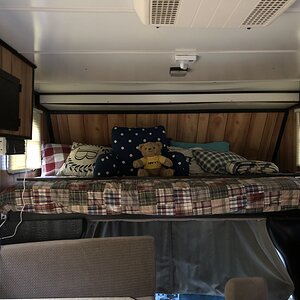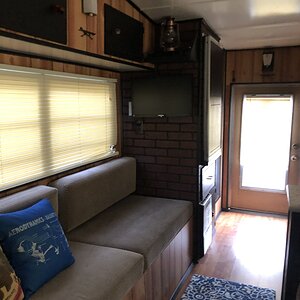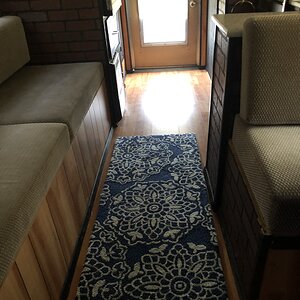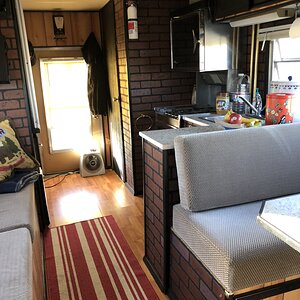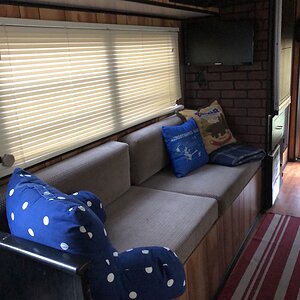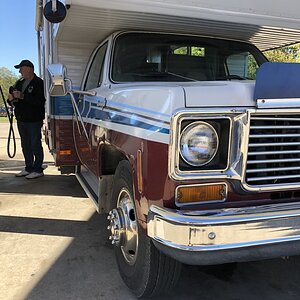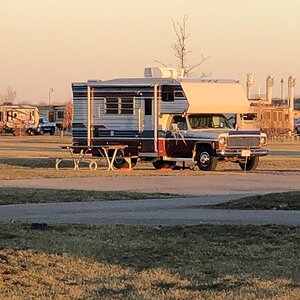- Joined
- Jan 19, 2021
- Messages
- 3,497
- Location
- Rosemary Farm
- RV Model
- Between RVs
- TOW/TOAD
- Toadless
- Fulltimer
- No
one of the big companies had a demo model like that last year. Might have been Thor…..? Although I don’t know if it was 48v. When I was toying with this idea, I was going to use a Victron 48v 8kw inverter.this has relevance, be nice for the factory to offer the option, a genst with the original 12v system or have the LI Batt/Solar 48v system with no gen.


